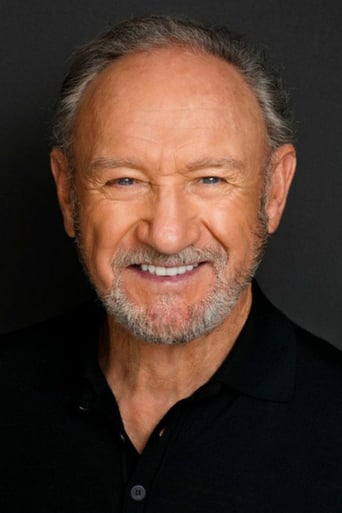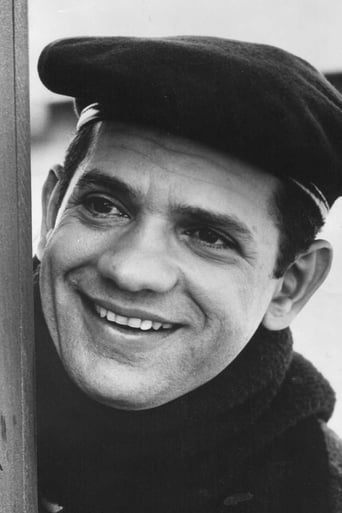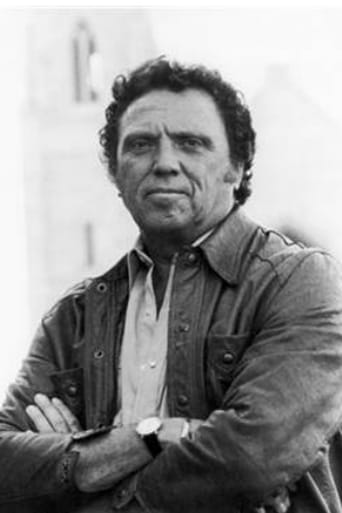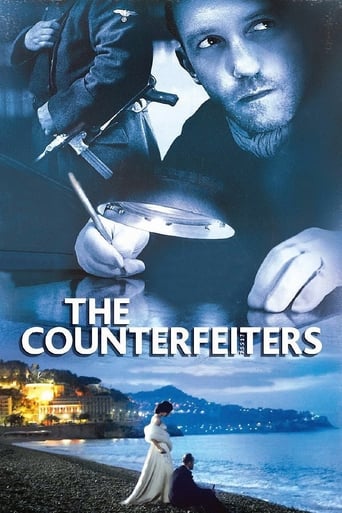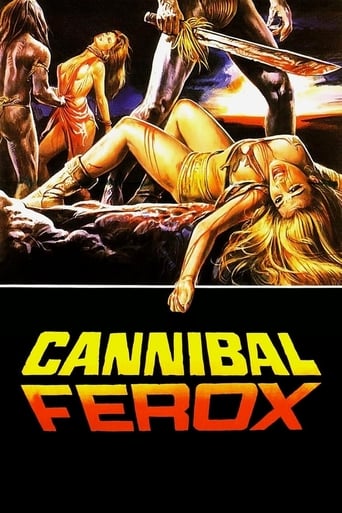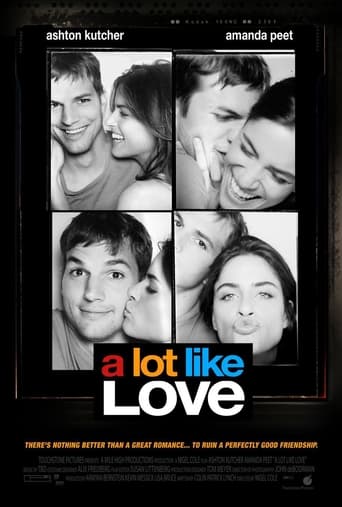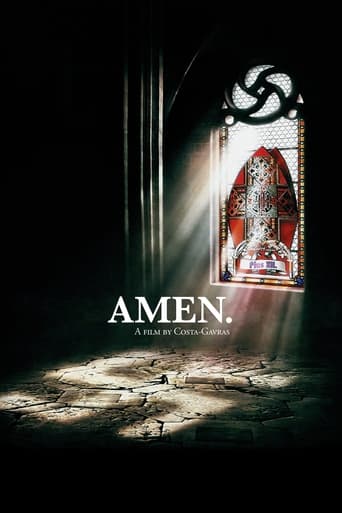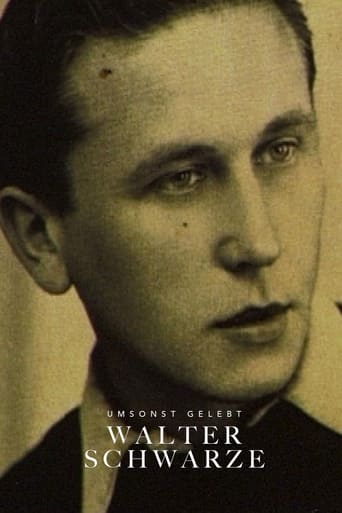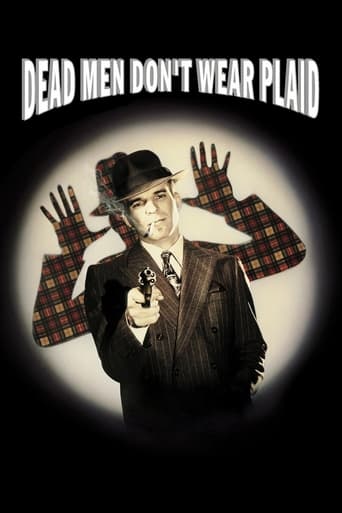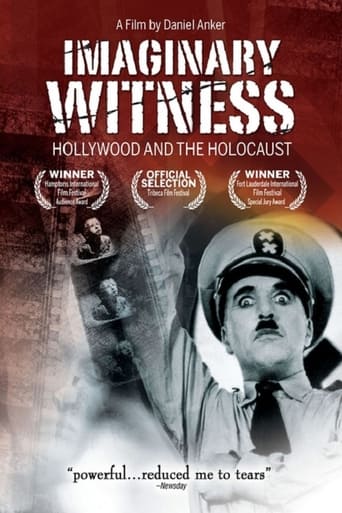
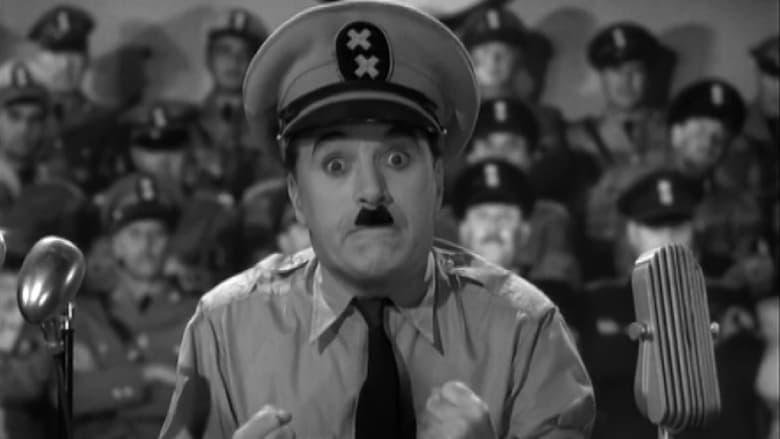
Imaginary Witness: Hollywood and the Holocaust (2004)
Daniel Anker’s 90-minute documentary takes on over 60 years of a very complex subject: Hollywood’s complicated, often contradictory relationship with Nazi Germany and the Holocaust. The questions it raises go right the very nature of how film functions in our culture, and while hardly exhaustive, Anker’s film makes for a good, thought provoking starting point.
Watch Trailer
Cast
Similar titles
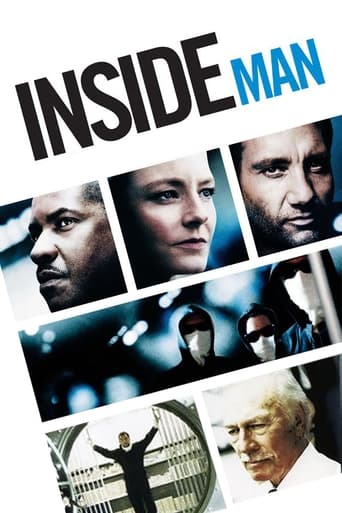
Reviews
the audience applauded
Pretty Good
The acting in this movie is really good.
what a terribly boring film. I'm sorry but this is absolutely not deserving of best picture and will be forgotten quickly. Entertaining and engaging cinema? No. Nothing performances with flat faces and mistaking silence for subtlety.
Imaginary Witness, Hollywood and the Holocaust (2004)The history of Jewish persecution under Nazi rule as presented in Hollywood movies is a very interesting and complex subject. Imaginary Witness, Hollywood and the Holocaust (2004) attempts to document Hollywood's treatment of the Jewish experience in Germany during World War Two and in particular, what has become known as the Holocaust.While being critical of America and the Allied powers for not stopping the Holocaust before or after it began, "They knew what was happening yet did nothing!", this film is clearly designed to pull at the heart strings. In plainer language, Imaginary Witness is sophisticated Hollywood propaganda.Steven Spielberg makes a somewhat remarkable comment early in this film claiming; "The reason Hollywood hasn't made many Holocaust pictures is because it is an ineffable experience only understood by those that survived the camps." Maybe when compared with the Hollywood Western, which of itself rests on the genocide of the Native American Indians, Holocaust pictures are few but since the 1960's there has been a steady and increasing flow of films and TV series that deal with the issue of the Holocaust during World War Two.As the film attests, Hollywood did not want to overtly criticise or alienate the Nazi regime but it fails to mention that the reason was primarily financial because Germany was a highly profitable audience for the US studios at the time. As the film states, it took the non-Jewish Charles Chaplin and his classic and independently produced The Great Dictator (1940) to break the self imposed silence of the Hollywood moguls on the plight of the European Jew. Chaplin's classic, The Great Dictator, while popular with the crowd was severely criticised by the establishment at the time and made Chaplin some powerful enemies.Imaginary Witness is made from a solely Jewish perspective and almost all the talking-heads are Jewish. The historical omissions are considerable, the speculation abundant and the tone is one of veneration.The reality is that Hollywood has exploited the Holocaust. What would be of interest is a film that studies how Hollywood has implanted the image of the Holocaust so succinctly into our minds. The result of this sanctified history is that today literature by those that question certain events concerning the Holocaust have their books burned and are thrown into jail by official sanction.It is also of note that the Holocaust TV series (1978) and War and Remembrance TV series (1988) are noted by the narrator as being based on novels yet when Schindler's List (1993) is mentioned, it is said to be based on a book. This may be a subtle difference but it shows the level of sophistication that Hollywood propaganda has reached in our ignorant and misinformed age.The list of historical inaccuracies in movies such as Schindler's List are numerous yet while some may be admitted as fictitious, the movie has the power to make them fact, certainly for an impressionable audience. As with all historical movies, history automatically becomes inaccurate (language, location and chronology are often the first compromises) and at the same time it becomes our official history when the images are repeatedly drummed into our minds. What is not mentioned in Imaginary Witness, Hollywood and the Holocaust (2004), nor can it be expected, is the truth that the Second World War contained numerous Holocausts, such as the bombing of Dresden, the fire bombing of Tokyo and the dropping of the Atomic bombs on Hiroshima and Nagasaki."Never Forget" is the modus of the Holocaust yet historical films of war, injustice and brutality have been rendered moot due to the ongoing atrocities and genocide in the world today. The 1 million killed in Iraq since 2003, of which 90% are civilians, the continuing occupation of Afghanistan, the bombings of Pakistan, Somalia, Yemen and Libya, the daily brutalities and crimes against humanity perpetrated in apartheid Israel. Why one particular historical atrocity should be venerated in numerous movies and TV series above all other genocidal atrocities is a lingering question. Another question is why a people so persecuted could be so ready and willing to persecuted another people while at the same time justifying that persecution on their own historical persecution. However much the Holocaust has been portrayed on screen, it is clear that the lesson of the Holocaust has not been learnt.
"Imaginary Witness: Hollywood and the Holocaust" (2004) was directed by Daniel Anker and narrated by Gene Hackman. The film is a serious, in-depth exploration of Hollywood's and television's portrayal of the Holocaust. The director presents film clips--both newsreels and commercial films--about Hollywood's response to the Holocaust before, during, and after World War II.Hollywood is an industry, of course, not a force for or against social justice. Both before and after the war, Hollywood's decisions about portraying the Holocaust hinged on the possibility of profits, or loss of profits, from depicting the Nazi horrors. Seventy-five years after the rise of Naziism, we forget how much support Fascism then had in the U.S. and in western Europe. Producers, even though many were Jews, feared losing potential markets if they portrayed the true nature of the situation in Germany.During the war, many filmmakers worked for the Army Signal Corps, and they accomplished great things. However, most American leaders were more interested in defeating the Germans than in saving the Jews and other minorities being shipped to concentration camps.After the war, an unwritten code of silence arose. Possibly producers believed that an honest portrayal of the Holocaust would alienate audiences. Also, of course, postwar Germany was considered an important ally in the struggle against Communism, and politicians quietly urged that Hollywood turn its attention elsewhere. Another factor in downplaying the Holocaust was the wish to prevent people from asking, "Why didn't we do something?"It wasn't until the 1970's that television producers realized that people would watch dramas about the Holocaust. Once the unspoken taboo was broken, Hollywood struggled to catch up. However, it's interesting to consider how long it took for films like "The Pawnbroker," "Sophie's Choice," and "Schindler's List" to make it to the screen.All in all, an excellent, but discouraging film. Worth seeing, but definitely not a feel-good movie. We saw "Imaginary Witness" at the outstanding Rochester Jewish Film Festival. However, it should work well on a small screen
An outstanding account of the atrocities that happened in Germany, and Hollywood's dealing with in in light of the makeup of Hollywood, the acceptable mores of the times, the House Un-American witch hunt, and other factors.It was interesting that television led the way in presenting the Holocaust with a guest on "This is Your Life" being the first instance. After a weak Anne Frank movie, TV returns with Judgement at Nuremberg on "Playhouse 90" in 1959. The fact that one of the sponsors was The American Gas Company muted the effort.But, Hollywood soon began to get it right. It was after The Holocaust, an 8 hour miniseries was aired and survivors began telling their stories.How Hollywood handled this tragic part of history is an interesting story and part of a body of knowledge that will help in viewing these films.
A great review of what Hollywood needed to do -and whatnot- to expose Nazi Germany's intentions... It is a well-documented film with great interviews and original footage to prove that cinema can be used for either wrong or right purposes... This one, it is for the right mission: illustrate how coward was US witnessing what Hitler was doing against the Judaism... Nevermore, please! And even though some raw footage is missing when US troops discovered the death camps, the narration accomplished the feelings of those who watched back then... Hopefully Michael Moore sees this documentary to make him to shift their style of film documenting, where serious stuff can be covered straight forward, without all the comic gimmicks he used to abuse them on his films...
